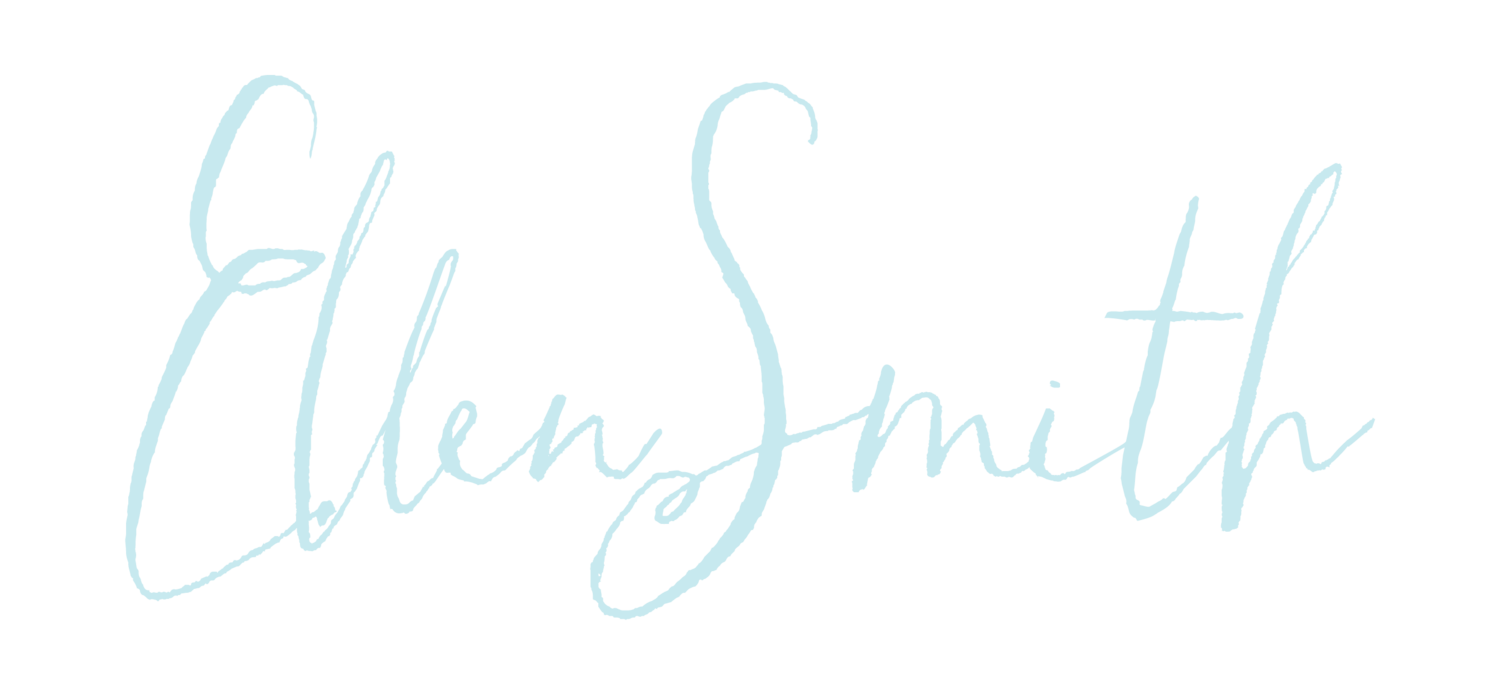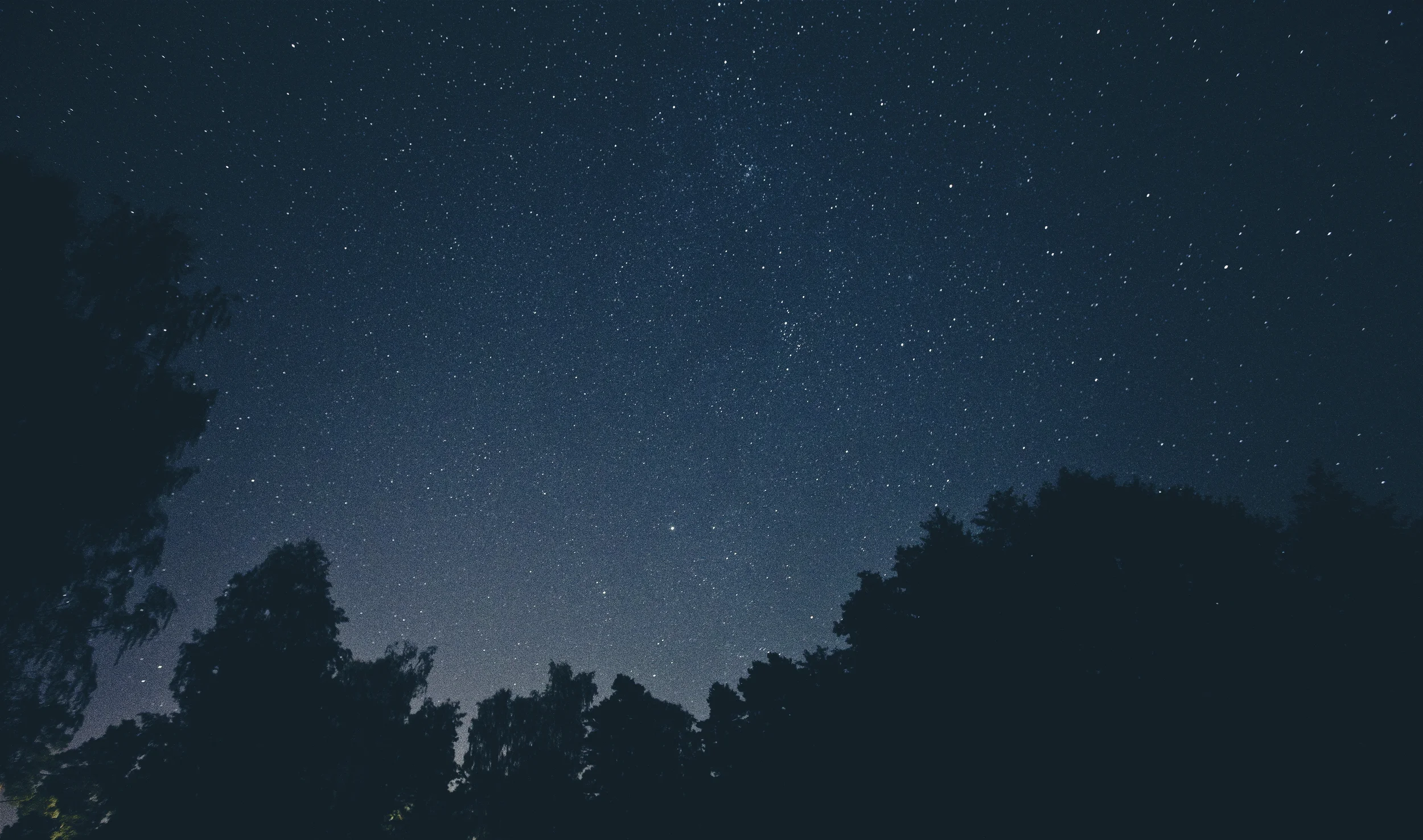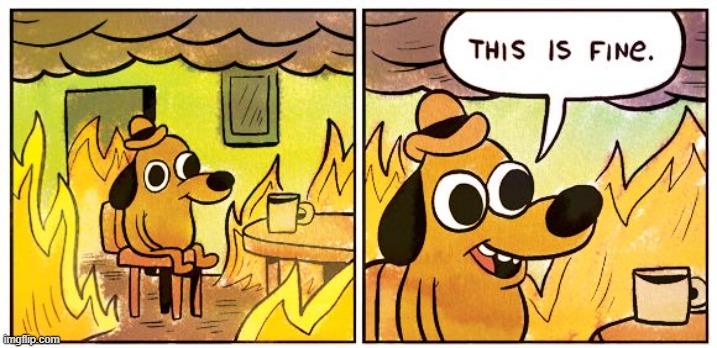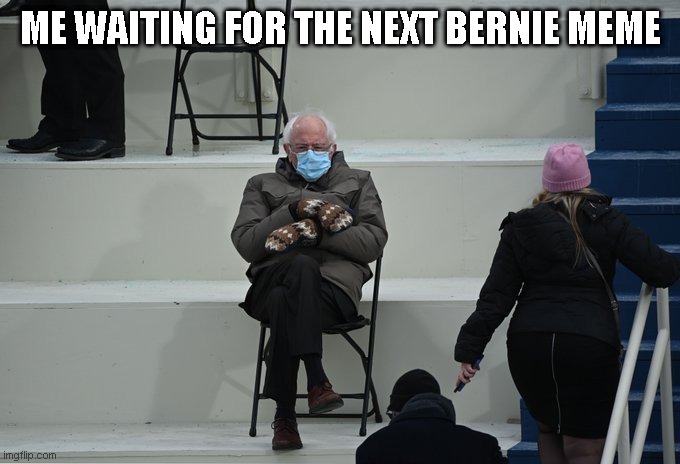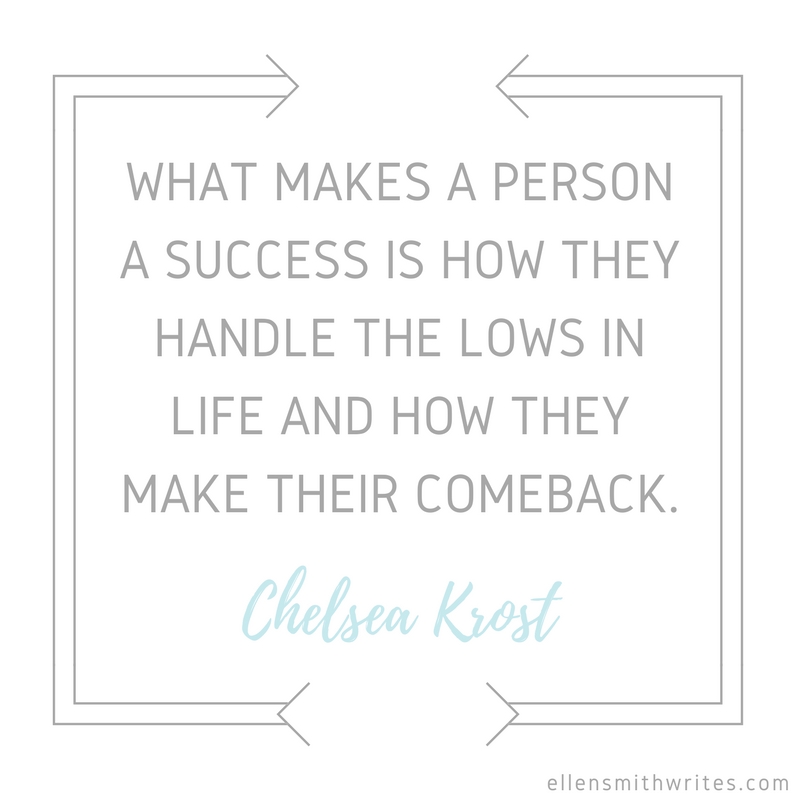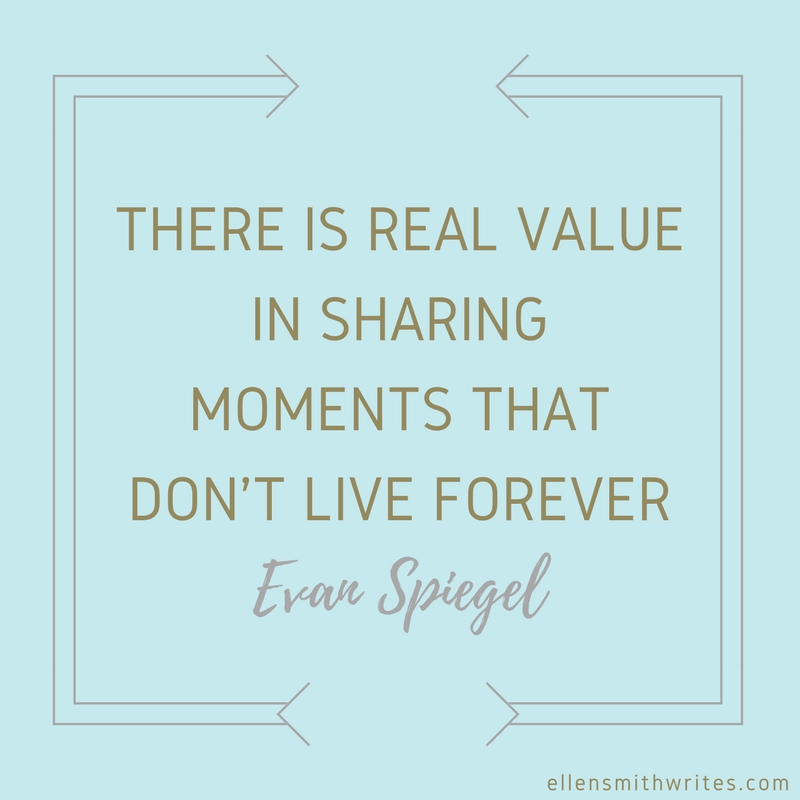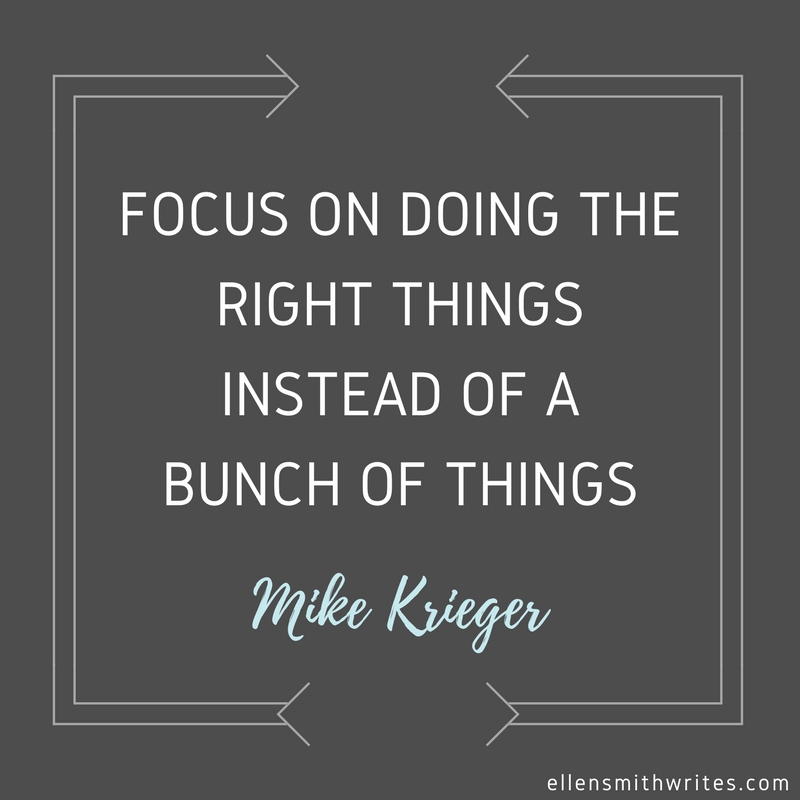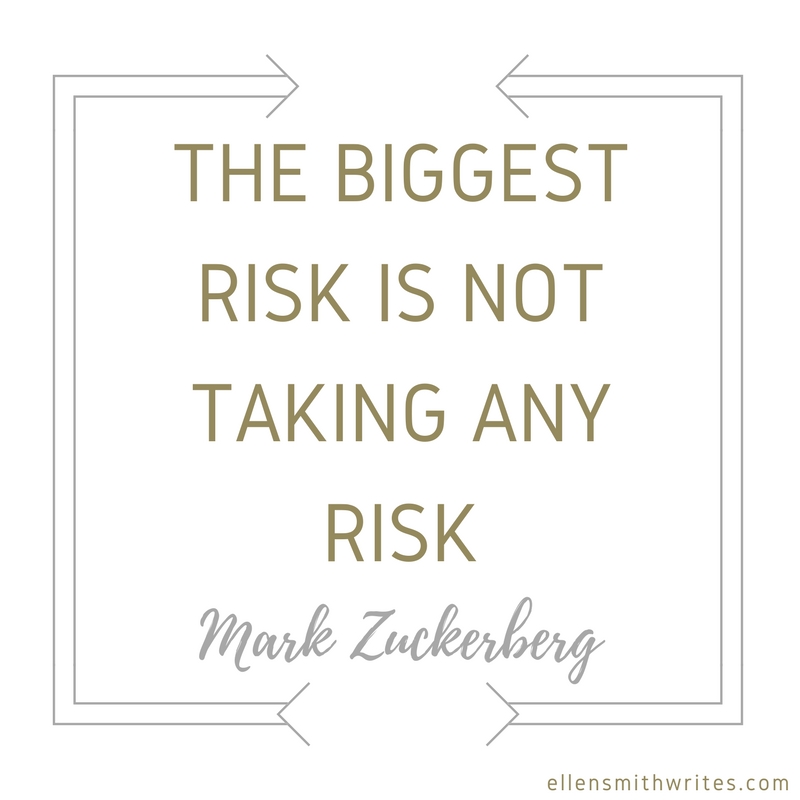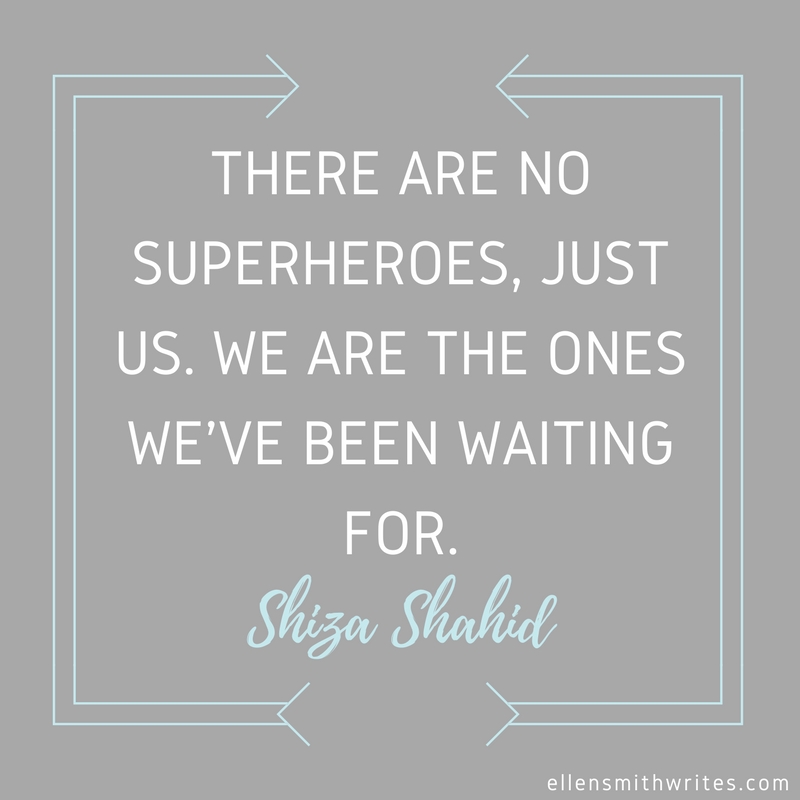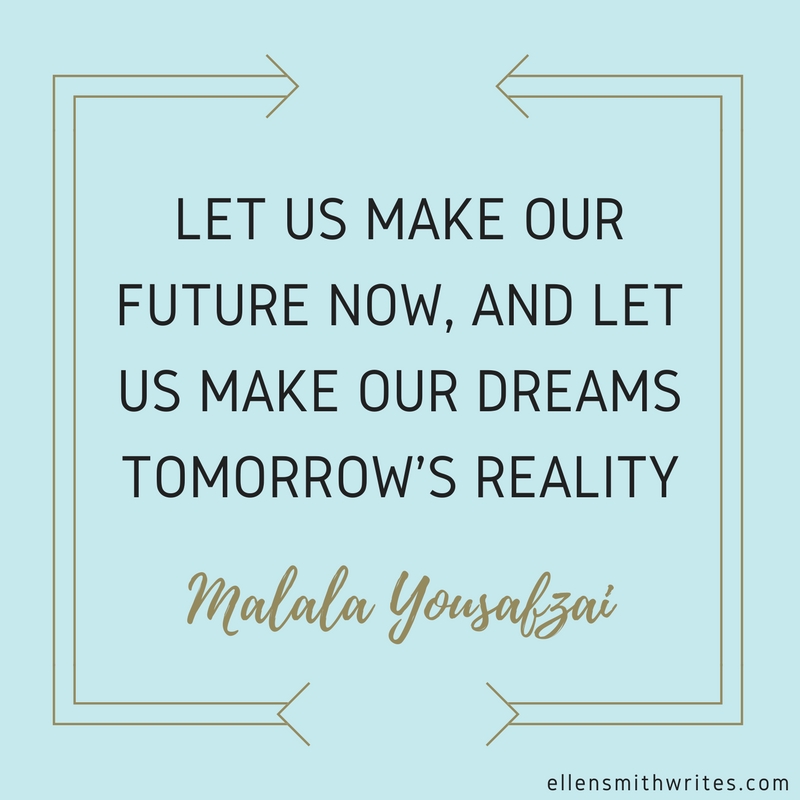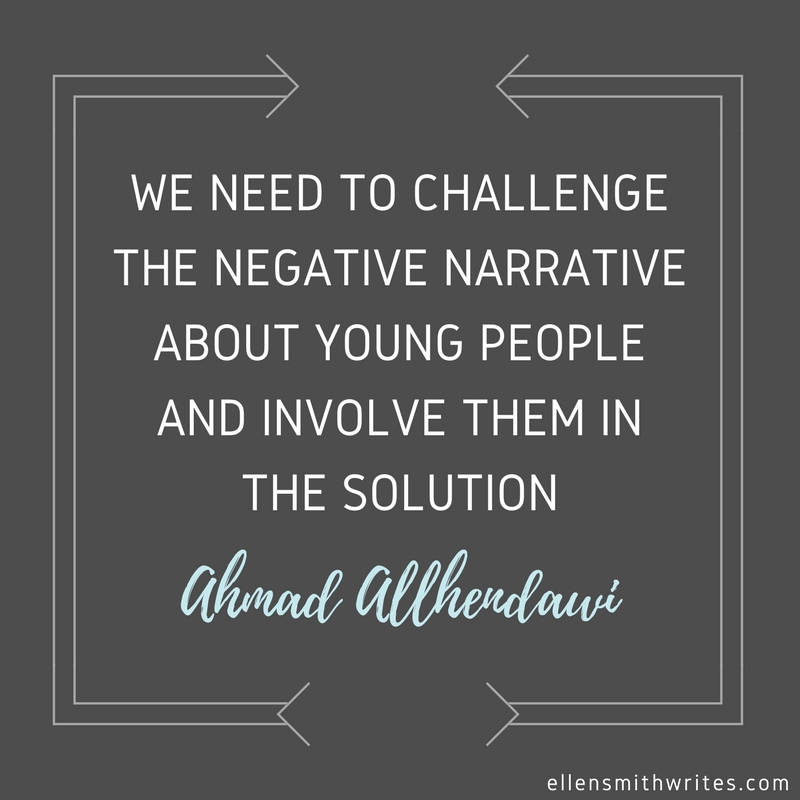I love memes. Maybe we can blame that on an early love for the Robin Williams movie Flubber (seriously, his robot Weebo totally invented meme and gif culture!) But here I am, ten months or so into quarantine life, and my friends and I communicate almost entirely by sending each other memes. I use this one a lot:
The Bernie Sanders meme took off after Wednesday’s inauguration and it may be my favorite one yet. I love Bernie, I love his awesome upcycled mittens, I love that he dressed for the weather. Seriously, regardless of the event, DC is COLD in January.
Bernie has responded to it pretty well, too. He made his viral meme into a sweatshirt on his website, with 100% of the proceeds going to Meals on Wheels Vermont.
Which made me revisit a question that’s been on my mind ever since “meme culture” took over the Internet…
What if you were made into a meme?
I actually researched this pretty heavily when I was writing Any Second Chance, the second book of the Time Wrecker Trilogy. In the early chapters, a picture of Mara goes viral after she and Will are named in the time wrecker leak. Never mind that Mara herself has just discovered that she was once a time traveler. Now the entire world is sharing an image of her shocked and tear-stained face. One of the most painful moments of her life is now being mocked and endlessly recaptioned. To put it mildly, Mara does not take it well.
That happens, too. As much as I loved reading the positive stories that come out of some of these suddenly-viral memes, like Bad Luck Brian and Success Kid, there are some really ugly tales of lives turned upside down. I won’t name them here. For those that want to separate themselves from their sudden online stardom, it seems like the kindest thing to do is to…not keep talking about them on the Internet. I would recommend reading Shame Nation by Sue Scheff and Melissa Schorr. It’s a really in-depth look at the effects of “going viral” and what happens when it becomes a tool for cyberbullying and online shaming. Link is here (affiliate):
I grew up with the Internet. Around the same time I was starting to do research reports in middle school, the miracle of dial-up made it possible to find information online… in only twice as much time as it would’ve taken to walk to the library! It did get better, thankfully. By high school, people exchanged email addresses more than phone numbers. By college, the stigma of “meeting someone online” had faded—which is fortunate, because that’s how I met my husband. I know all the weird and wonderful ways the Internet can change our lives (to be clear: the Internet research is weird. The aforementioned husband is wonderful.) Over the past year, we’ve managed to keep some of the isolation at bay by bringing our real-life connections online. Thank goodness for that.
Now that we’ve been basically quarantined for the better part of a year, I’m especially grateful for the sheer variety the Internet has to offer. Livestreamed celebrations. Long video chats. Virtual visits. And hundreds upon hundreds of silly memes.
